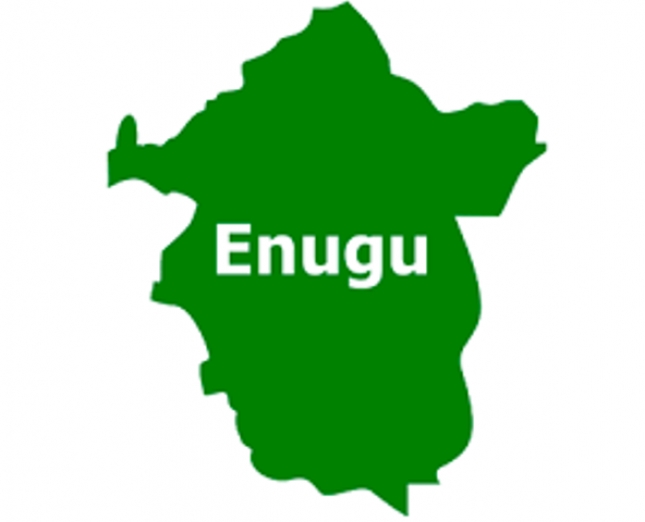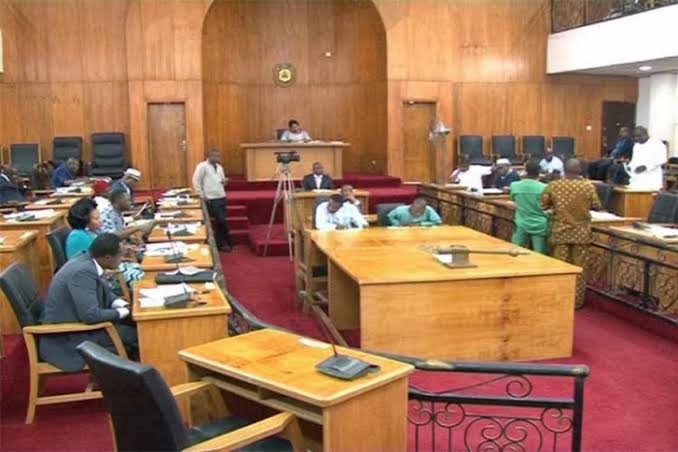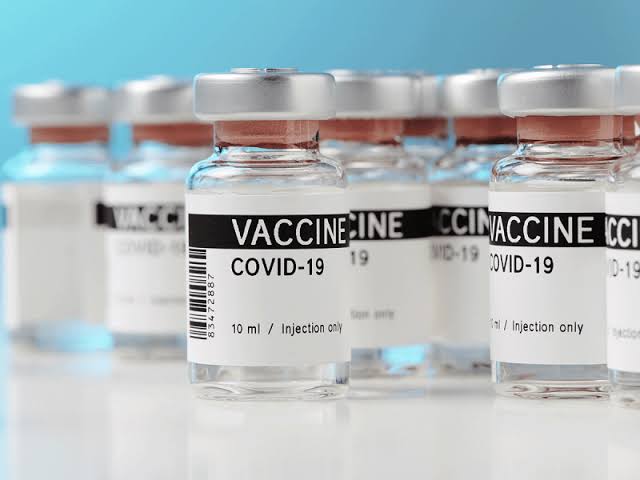The Association of Nigeria Health Journalists (ANHEJ) is deeply concerned over the daily increase of confirmed cases of COVID-19 ravaging the country.
ANHEJ described the trend as most worrisome, as considerable number of newly confirmed cases were not imported.
This, it said, implied that the nation’s situation was gradually getting to community spread of the diseases, if care was not taken.
ANHEJ President, Hassan Zaggi, and General Secretary, Gloria Essien, stated this in a statement issued on Thursday, which was made available to The Next Edition in Lagos.
The statement partly read: “It is evident in the case of aides of some top government functionaries who are said to have come down with the illness without travelling outside the country. They contracted it from their bosses.
“Considering that most of the states in the country are closing businesses, the rural areas will definitely witness influx of those coming from the city, hence, the tendency to have the disease spread to the rural areas.
READ ALSO: COVID-19: Benue Bans Visitors From Govt House, Approves N50m For Committee On Virus
“Even though it is not time to apportion blames, as journalists covering the health sector, we have, at various media briefings organised by the Minister of Health, Dr. Osagie Ehanire, observed the need for forced isolation instead of the current method of self-isolation being adopted by the Federal Government.
“We have severally argued that some Nigerians may not observe the voluntarily 14-day self-isolation, hence, the need to force them in order to prevent them from spreading the disease in the country.
“Our fears seem to be coming true. We, however, insist that force isolation for anyone coming into the country is the way to go.”
ANHEJ, therefore, called on Nigeria Centre for Disease Control (NCDC), to, as matter of urgency, track all the people that might have had close contact with the top government functionaries who are currently down with the COVID-19.
According to it, nobody should be left out, no matter how highly placed, but should be closely monitored for 14 days.
As at Thursday morning, March 26, 2020, Nigeria has so far recorded 51 confirmed cases of COVID-19. Out of the figure, 48 were active cases, two discharged and one death.












